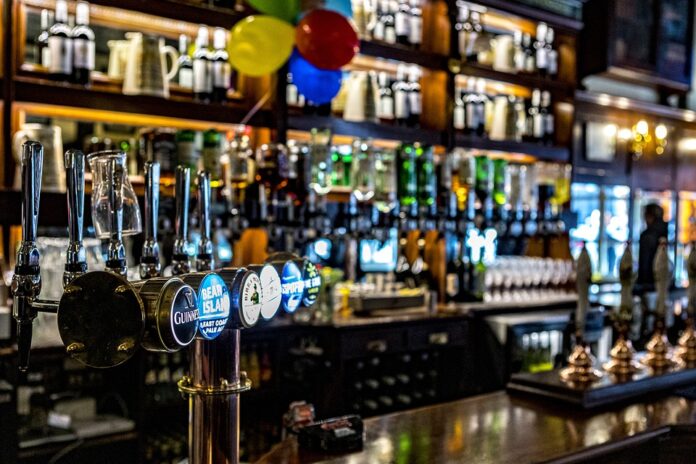Introduction
Viscosity testing plays a crucial role in determining the texture and mouthfeel of beverages. It involves measuring the resistance of a liquid to flow, which directly impacts the overall consumer experience. In this report, we will explore why viscosity testing is essential for beverage quality control and how it influences consumer perception.
The Importance of Viscosity Testing
1. Texture and Mouthfeel
Viscosity testing is critical for assessing the texture and mouthfeel of beverages. The viscosity of a liquid affects how it flows in the mouth, which in turn influences the perceived thickness, creaminess, and overall mouthfeel. By measuring viscosity, beverage manufacturers can ensure that their products have the desired consistency and sensory properties that meet consumer expectations.
2. Quality Control
Viscosity testing is an essential component of quality control in the beverage industry. By monitoring viscosity levels throughout the production process, manufacturers can identify any deviations from the target viscosity range and take corrective actions to maintain product consistency. This helps prevent issues such as uneven texture, separation of ingredients, or off-flavors that can result from inconsistent viscosity.
3. Product Development
Viscosity testing is also crucial for product development. By understanding how different ingredients and processing techniques impact viscosity, beverage companies can optimize their formulations to achieve the desired texture and mouthfeel. This knowledge allows them to create new products that meet consumer preferences and stand out in the competitive market.
Industry Insights
1. Market Trends
The global beverage market is continuously evolving, with consumers demanding products that offer unique sensory experiences. As a result, beverage manufacturers are increasingly focusing on texture and mouthfeel to differentiate their products and attract consumers. Viscosity testing has become a standard practice in the industry to ensure that beverages meet these evolving consumer preferences.
2. Industry Leaders
Leading beverage companies such as Coca-Cola, PepsiCo, and Nestle invest heavily in viscosity testing to maintain the quality and consistency of their products. These companies use advanced viscosity testing equipment and technologies to analyze and control the viscosity of their beverages throughout the production process. By prioritizing viscosity testing, these industry leaders can deliver products that consistently meet consumer expectations.
3. Financial Data
The viscosity testing market is expected to grow significantly in the coming years, driven by the increasing demand for quality control solutions in the food and beverage industry. According to a report by Market Research Future, the global viscosity testing market is projected to reach $1.5 billion by 2025, with a compound annual growth rate of 4.5%. This growth reflects the importance of viscosity testing in ensuring product quality and meeting consumer preferences.
Conclusion
In conclusion, viscosity testing is critical for beverage texture and mouthfeel, playing a vital role in quality control, product development, and consumer satisfaction. By investing in viscosity testing, beverage manufacturers can ensure that their products meet the desired sensory properties and stand out in the competitive market. As the beverage industry continues to evolve, viscosity testing will remain a key tool for maintaining product consistency and meeting consumer expectations.




